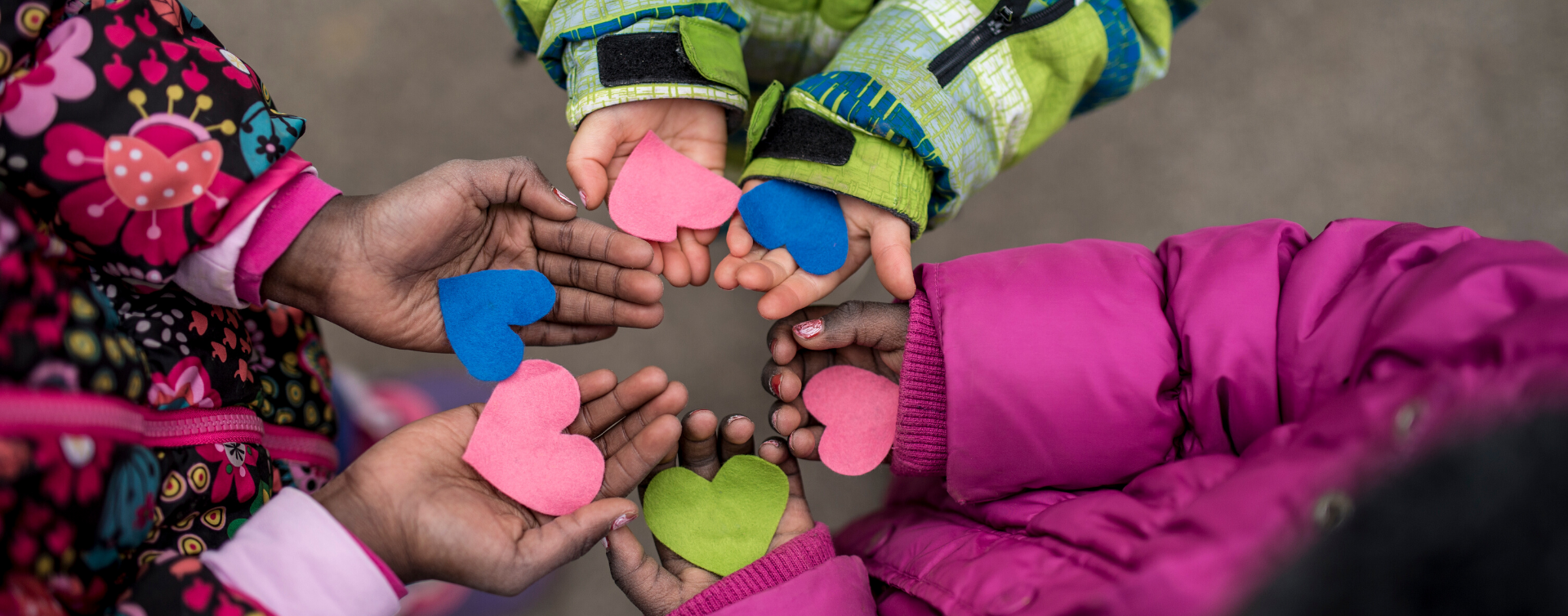SOCIAL COHESION
We speak a lot about social cohesion in Montessori circles. Every Montessori preschool teacher knows that a properly functioning Montessori classroom is based on normalisation and social cohesion. These words are often used in staff and parent meetings, and are liberally sprinkled through children’s reports.
But what do they actually mean in context of the world at large?
Social cohesion is often defined as the degree of social integration and inclusion in communities and society at large, and the extent to which mutual solidarity finds expression among individuals and communities. It reflects the willingness of members of a society to cooperate with each other by freely choosing partnerships with the aim of realising goals through cooperation and being willing to share the fruits of their endeavours equitably.
Cohesion is further defined as the action of forming a united whole. Montessori realised that the creation of cohesion was not something that could be commanded, but that it was some thing that needed to be actively worked on and formed by experiences that the child has in her/his early years. What was apparent to Montessori in 1946 is sadly no different to what we see in our ‘society’ today.
The ideal reality of a human society should be underpinned by unconditional unity, coherence, respect and love. We have spoken before about the humanist African philosophy of ‘ubuntu‘ that suggests that a person is a person because of other people. It suggests a nebulous concept of common humanity and oneness: humanity, you and me both. Montessori spoke about something similar in her lectures in 1946 where she referred to social cohesion requiring us to create a ‘we‘ within which each person and her/his actions is equally responsible to all others.
The Montessori classroom should therefore be designed to be a microcosm of an ideal human society. A society where children, in their most adaptable life stages, learn to see social cohesion as the norm. Montessori wisely called the classroom a ‘Casa dei Bambini’ – a house for the children. The adult has no controlling role to play in this house, and rightly so, as if the children were to imitate the un-socially cohesive manner of today’s adults, the world would be in an even sorrier state in years to come.
Children in our Montessori classrooms are encouraged from the very beginning to engage in reciprocal help. This is supported by the multi-age groupings in the environment that allow children to learn from each other by observation and peer-teaching. A child who has an accident and drops a piece of material is immediately aided by other children in the environment for no other reason than to offer unconditional support and assistance. The classroom is kept in order throughout the day by each child completing cycles of activity and replacing materials that they have worked with in the same manner in which they were found, ready for the next child to use. This creates a society that equally values and respects every person and item in the environment.
Harmony is fostered by children working together, even when working alone, towards a common outcome. Tidying the classroom at the end of the day means that the space will be ready for all the children when they return. Having only one of each material on the shelf creates a sense of respect and patience amongst the children in valuing both the activity and the child who is currently engaged with it. Creating a silence when playing the Silence Game creates unity amongst all its members.
The classroom and the children engage in countless episodes of internal and external order during the course of the school day. This consistent, predictable and reliable structure allows the children to rejoice in this order and in itself creates a spontaneous discipline amongst the children which is the foundation of social cohesion.
This spontaneous discipline within an ordered environment allows for freedom (within socially-acceptable limits). Children learn to make socially cohesive decisions and to be prepared to be held responsible and accountable for them.
Is this not what we wish the world to be?
As we move into a new ‘age’ of the world and talk about a ‘new normal’, perhaps we should be focussing this ‘new normal’ on the facilitation of true social cohesion in our schools that the children, our next generation, can take out into our ailing world.
– Susanne van Niekerk –
10 July 2020



